We can now add Blackberry onto the ever-growing list of Android OEM’s. With the release of the Blackberry “Priv,” the Canadian based company hopes to regain the momentum it had previously in the smartphone market. Blackberry sales now account for only 1% of global Smartphone sales, with giants such as Apple and Samsung having a tight grip on a large proportion of the market.
Blackberry are touting the device as a secure device that is sufficient to be used in business and also for the normal people of this world who simply want a good smartphone.
Back to where they used to be?
Before the launch of the first Apple iPhone, Blackberry was king of the enterprise market and are known to have kick started the smartphone revolution. The ease of use and security made Blackberry handsets the go-to choice for businesses everywhere, even world leaders.
With Apple and Android devices having vast app stores which contains thousands of applications and handsets having bigger and better displays, Blackberry devices where soon seen as boring business devices.
The company formerly known as Research In Motion was given a glimmer of hope as they released their popular messaging application “Blackberry Messenger” on iOS and Android a few months ago, which was surprisingly popular with teenagers, but BBM as it is commonly known as, lost out to the now popular apps such as WhatsApp Messenger, Snapchat and Facebook.
When Blackberry releases a new device, it is also clichéd that said device will be their “last throw of the dice” in getting a bigger share in global sales, but the company based in Waterloo, Canada are sitting on billions, so there is room for testing the waters.
The Priv
The Blackberry Priv is another attempt at hitting the middle ground, a device that is capable for enterprise and also usable for normal people who do not need the “enhanced” security. A lot of companies have BYOD (bring your own device) policies that allow workers to use their own devices in work. Recent announcements from Google with their Android for Work system shows that there is room in the market for it.
The handset is apparently the best of both worlds, for those who like a physical keyboard and the ones who prefer a large touch display. The Priv has both, it ships with a 5.4″ display as well as a slide out keyboard which also doubles as a trackpad, something that hardcore Blackberry fans love. The rear facing camera is an 18 megapixel shooter, which may hold up against other high end smartphones, whereas the front facing is only a 2 megapixel, something that will not go down well with the selfie takers and Skype users of this world.
Blackberry has added some system level features such as a system called DTEK which notifies users of when applications access a part of the device such as the camera, location or microphone. The device ships with a now outdated Android 5.1, which is not much of a surprise considering Marshmallow has only been around for a matter of weeks.
I am unsure on how the security DTEK system would work with Marshmallows tighter application restrictions, therefore an update to Marshmallow would not be as near stock Android as other OEMs have done previously.
How can Blackberry sell the priv to enterprise?
There are several selling points to which Blackberry are marketing the device, the main point being security. Security should be a standard in all smart devices, and these days it tends to be. Blackberry has made a name for themselves previously in the enterprise market, therefore marketing a smartphone with added security is something that may look good for them in the long run.
The security features added to the Priv can give IT managers some control over the devices that their workers use, such as being able to control software updates to their devices, which could cause compatibility issues and potential security holes if not done correctly.
The Priv also comes with an onboard chip that prevents users from “rooting” the device, something that is popular with Android enthusiasts. This chip verifies that the operating system has not been tampered with, therefore any rooting or unlocking of the device will prevent the software from working.
Will the Priv work?
For Blackberry, the priv can go either way, it can miserably fail like other devices they have released in the past, or it can push on and be a device that is used by Blackberry’s Enterprise enthusiasts and the general population that have come to trust Blackberry with their smartphones.
There is a lot to the Blackberry Priv, from its enhanced security features and physical keyboard, to the fact that it’s the first Blackberry device that is running the Android platform which can hopefully make it a success. I am just glad that Blackberry didn’t go the way of Amazon and run their own form of Android on their devices like Amazon do with their Kindle Fire tablets and phone.
A SIM free Priv starts at £579.99 over here in the UK or around $700 in the US, which puts it at the high end of the market with the likes of the iPhone and Samsung handsets.
Mr. Chen, chairman and CEO of Blackberry, wants to sell at least five million Privs in a year – in comparison, Apple sold 48 million iPhones last quarter. Last quarter, Blackberry sold just over 800,000 devices, so a jump up to five million in a year for a single device would be a significant improvement. If the Priv fails, it could well be Blackberry’s last ever handheld device, which is quite sad when you think about where Blackberry used to be, and where they could have been if they kept up with the fast paced, mobile world.
Do you think the Blackberry Priv will take off? Let us know in the comments below, or on Google+, Twitter, or Facebook.
Last Updated on November 27, 2018.

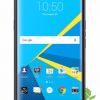
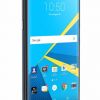
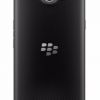
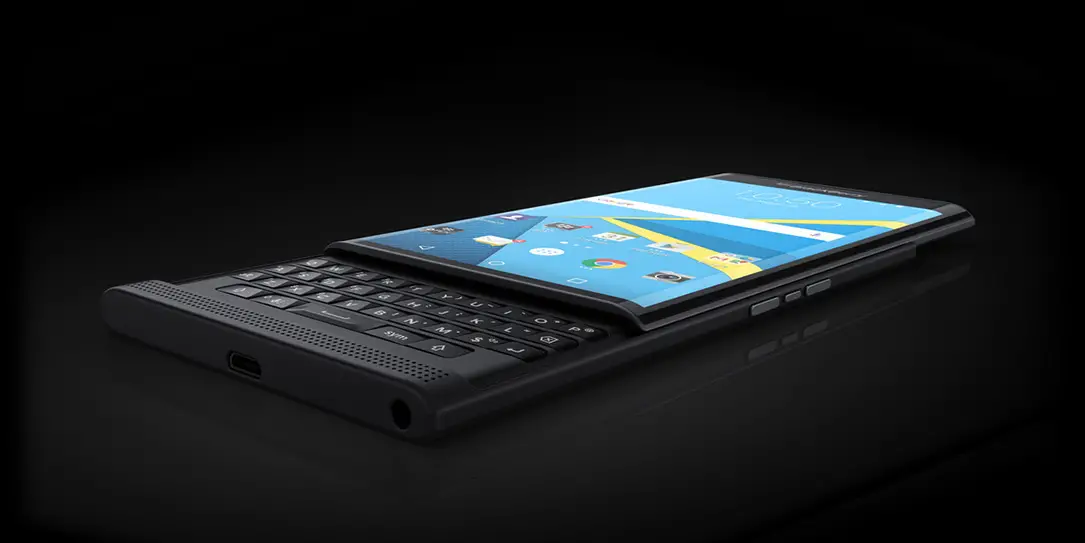


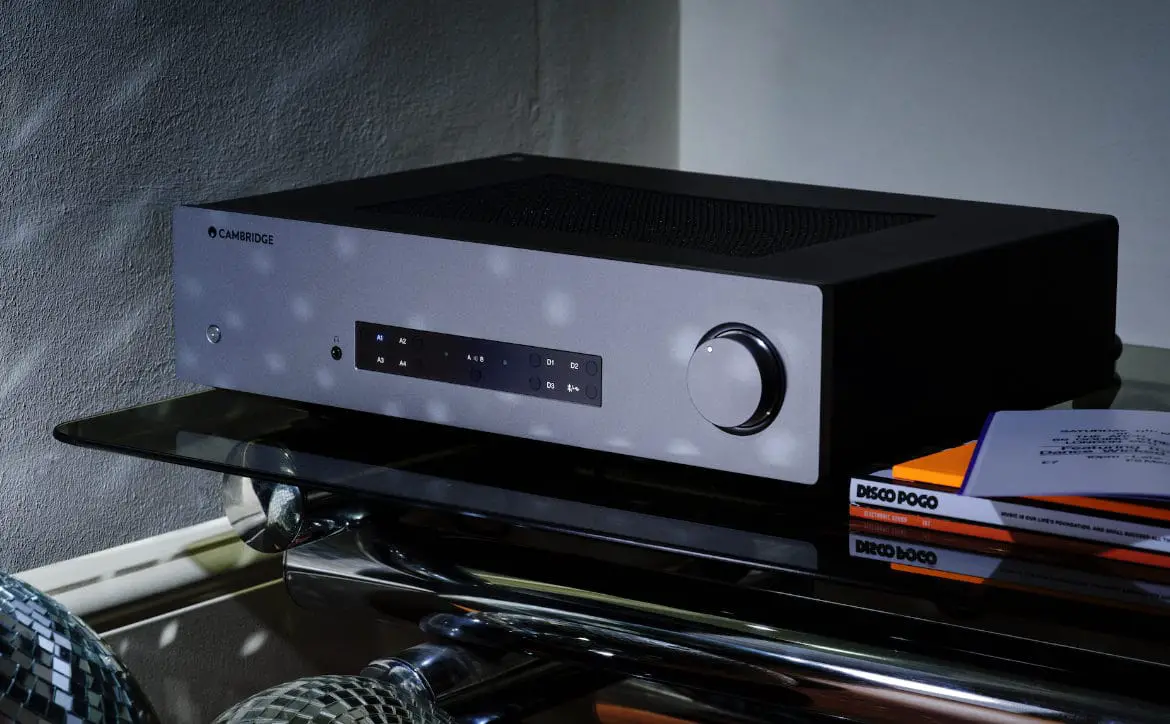

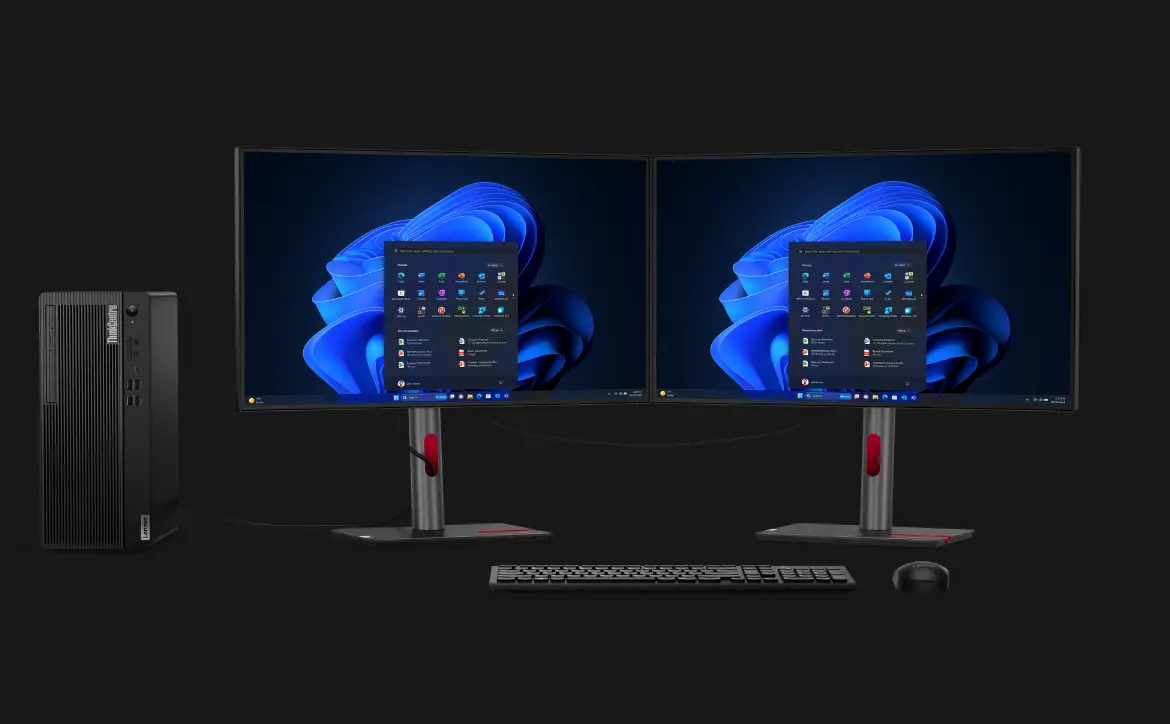
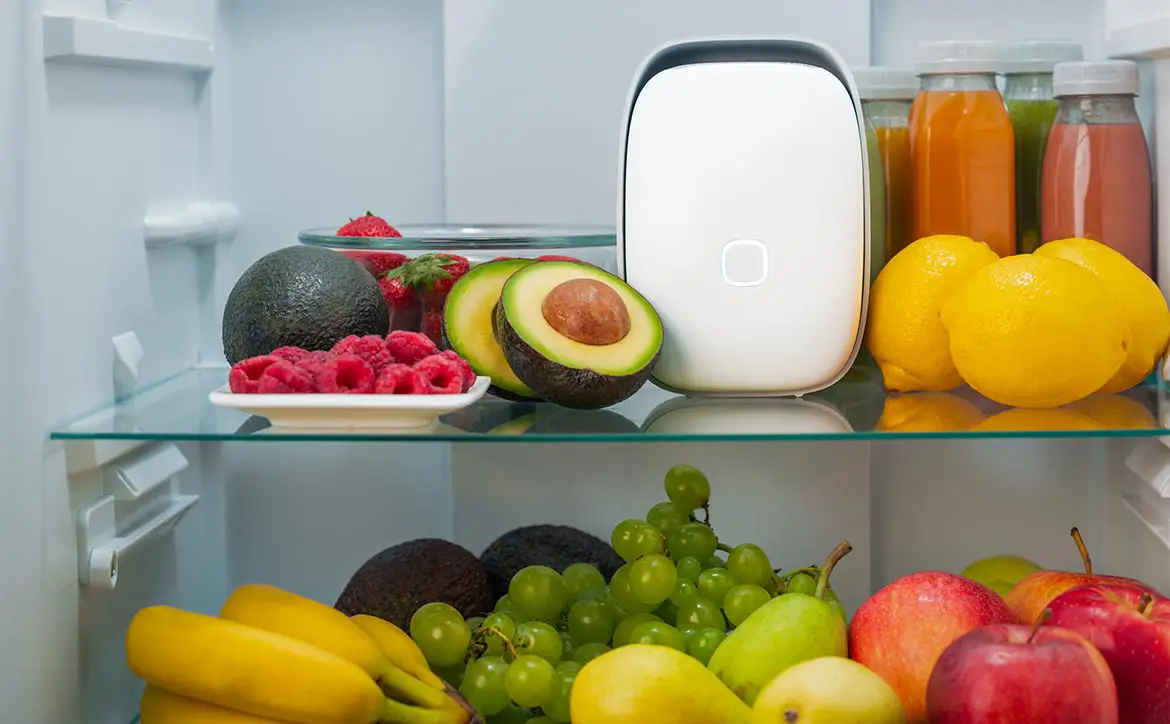
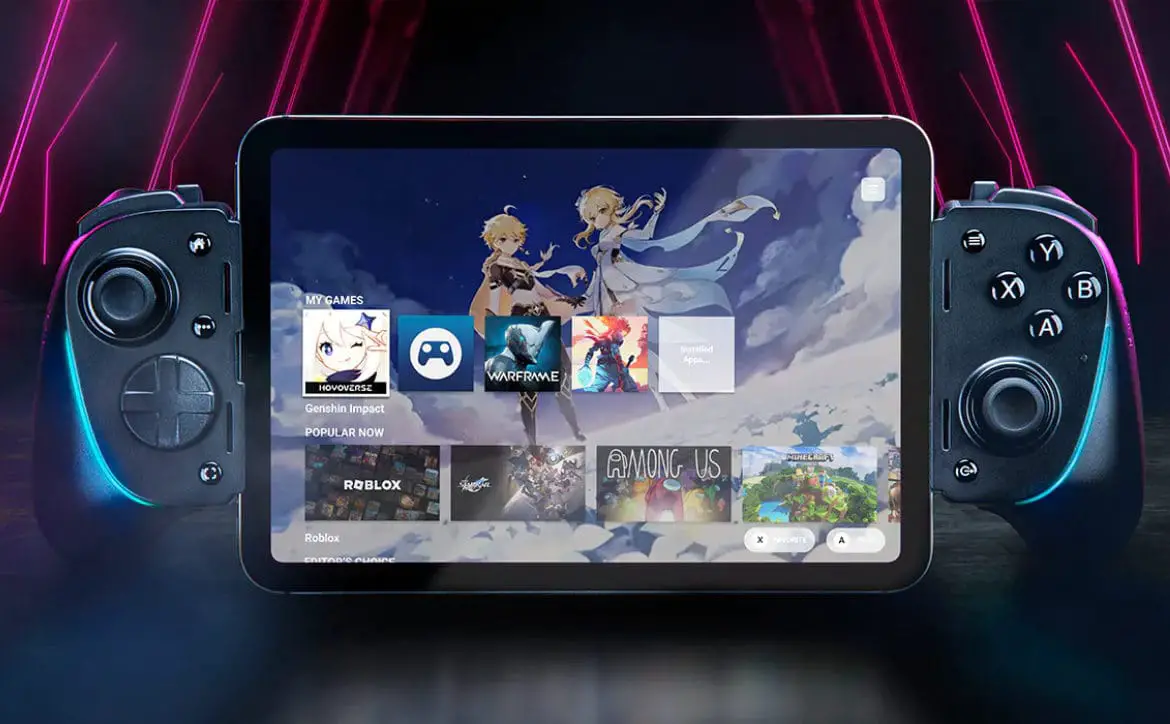
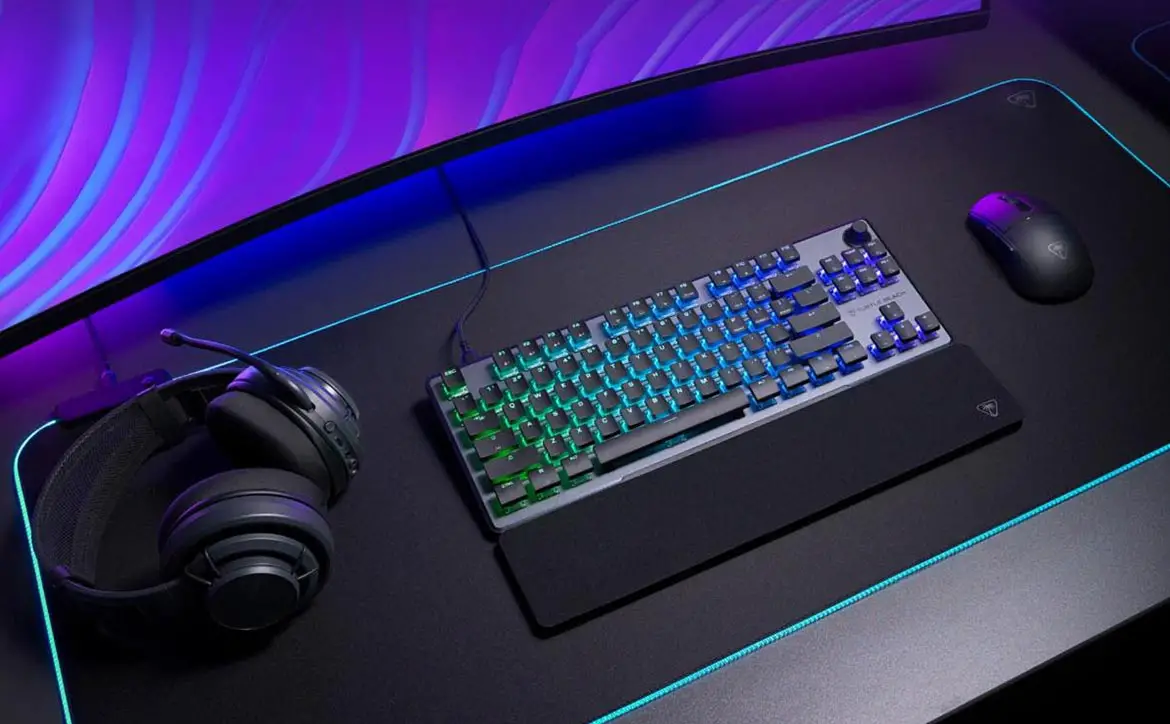

Comments are closed.